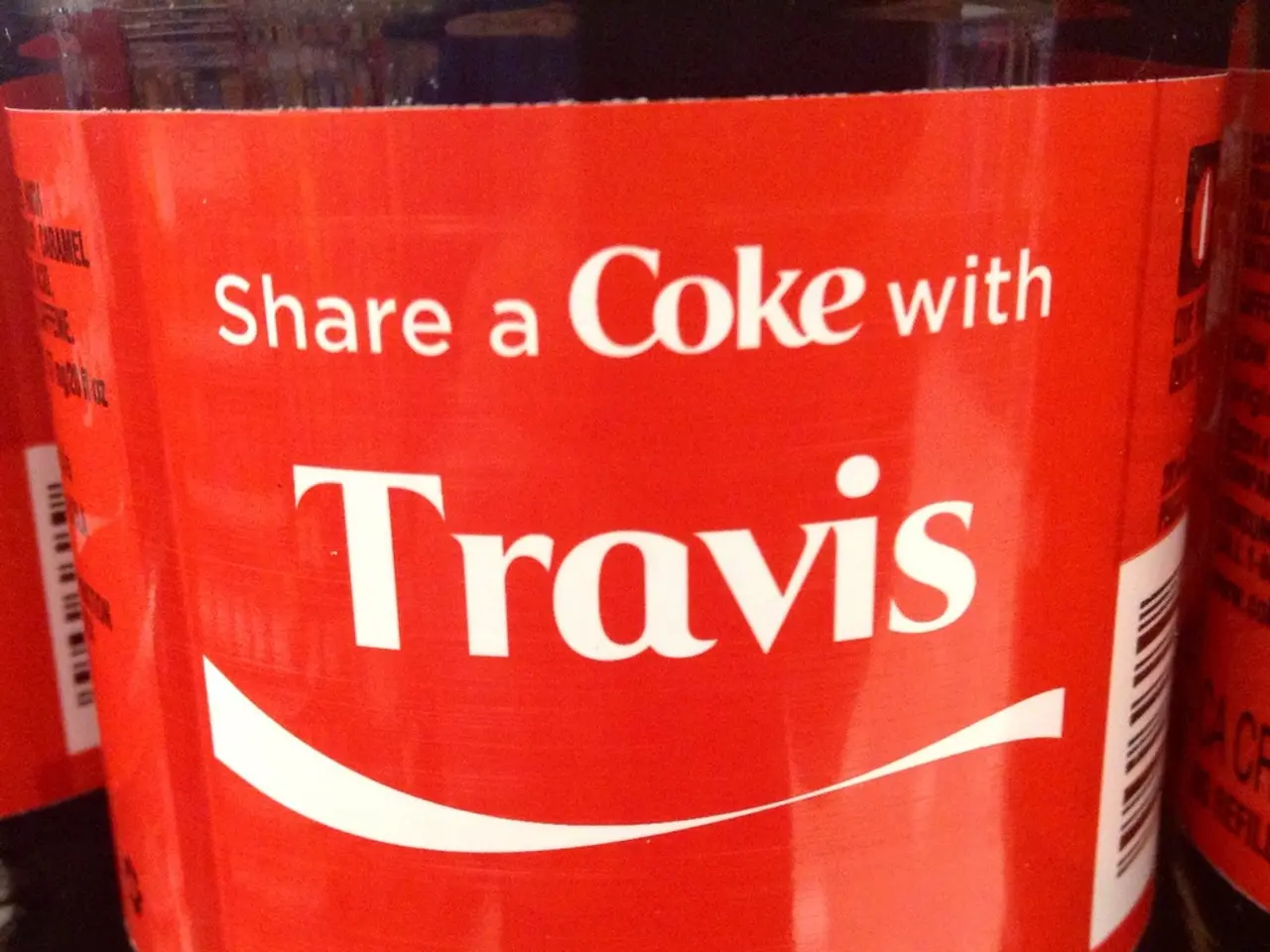Menendez brother denied parole following day of Erik's denial
Menendez Brothers' Parole Requests Denied
After a 11-hour long parole hearing, it has been announced that the parole requests for Lyle and Erik Menendez, who were convicted for the murder of their parents in 1989, have been denied.
The parole commissioner, Julie Garland, described Lyle Menendez as a model inmate who has demonstrated the potential for change during the hearing. However, she also noted his display of "anti-social personality traits like deception, minimization, and rule-breaking." These traits, along with the callous nature of the Menendez brothers' killings and Lyle Menendez's efforts to cover up his role in the crime, were factors in the denial of his parole.
Erik Menendez's parole bid was rejected a day earlier, with similar reasons given for the decision. Prosecutors argued that the killings of Jose and Kitty Menendez were motivated by greed and a desire to inherit their parents' multimillion-dollar fortune.
The Menendez brothers initially blamed the killings on a mafia hit but repeatedly changed their story. The trial of Lyle and Erik Menendez captivated US television audiences, similar to the O.J. Simpson trial. The story of the Menendez brothers' killings and trial has since become the subject of numerous films and series, including "Monsters: The Lyle and Erik Menendez Story" on Netflix.
Lyle and Erik Menendez were sentenced to life in prison without parole in 1996. However, in May, their sentences were reduced to 50 years to life, making them eligible for parole. Despite their efforts to demonstrate change and reform, the parole commission has determined that they still pose a risk to the public if released.
The Menendez brothers, who were convicted for murdering their wealthy parents in their Beverly Hills home while they were watching TV, claimed self-defense, citing years of emotional and sexual abuse by their father and emotional abuse by their mother. However, the court found their claims unconvincing, and they were ultimately convicted of the heinous crime.
The parole ruling for Lyle Menendez was explained by Commissioner Garland, who noted that while Lyle has made strides in his rehabilitation, he still falls short in certain areas and poses a risk to the public if released. The parole commission will revisit the case in three years to reassess Lyle's progress and determine if he is fit for release.
The denial of parole for the Menendez brothers is a reminder that even those who have served their time must still prove themselves worthy of release. The case serves as a cautionary tale of the dangers of greed and the lengths some will go to in order to secure their future.
Read also:
- Peptide YY (PYY): Exploring its Role in Appetite Suppression, Intestinal Health, and Cognitive Links
- Easing Pedestrian Traffic Signal Pressure
- Astral Lore and Celestial Arrangements: Defining Terms & In-Depth Insights - Historical Accounts & Glossary of Cosmic Mythology
- ICE directed to enhance detention conditions following NYC immigrants' allegations of maltreatment




